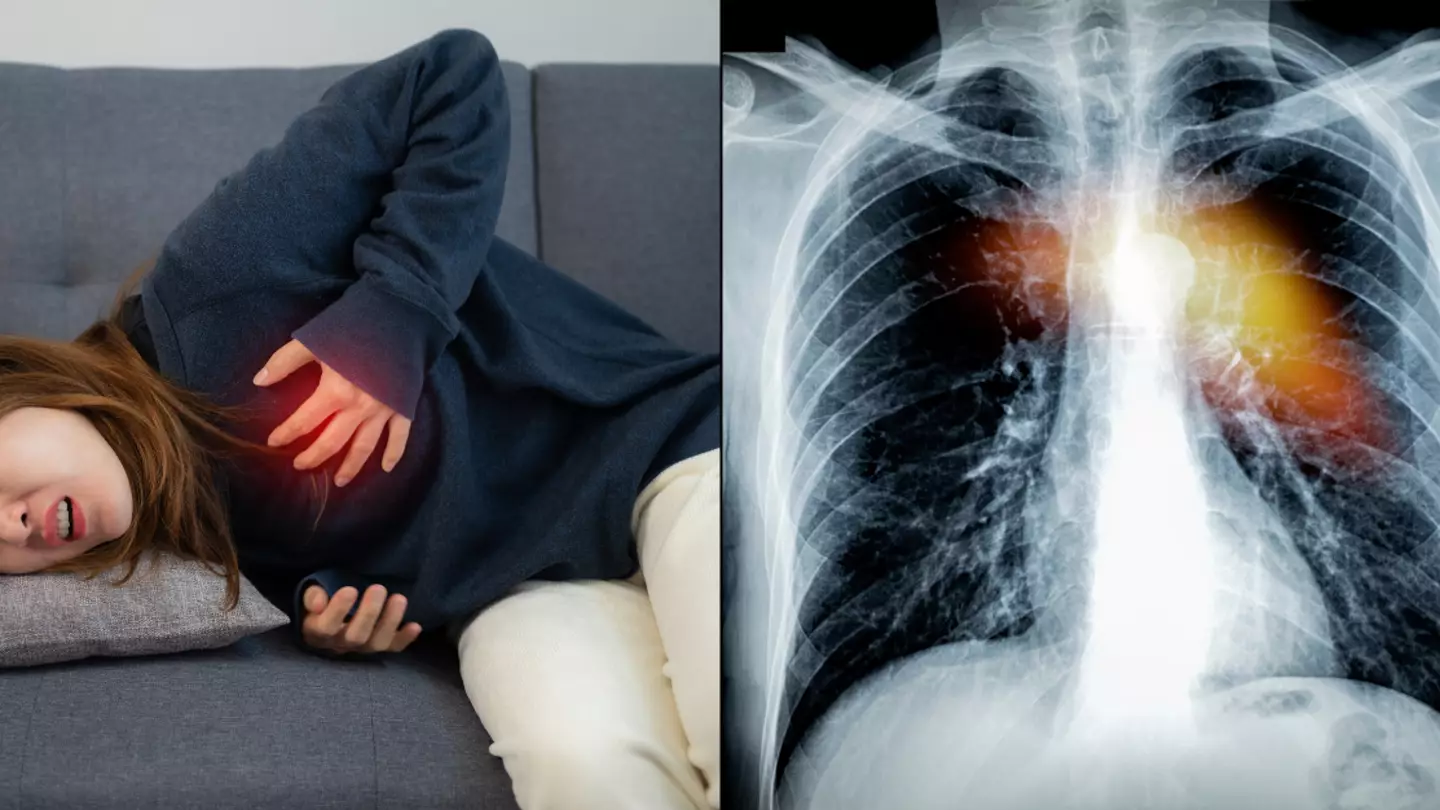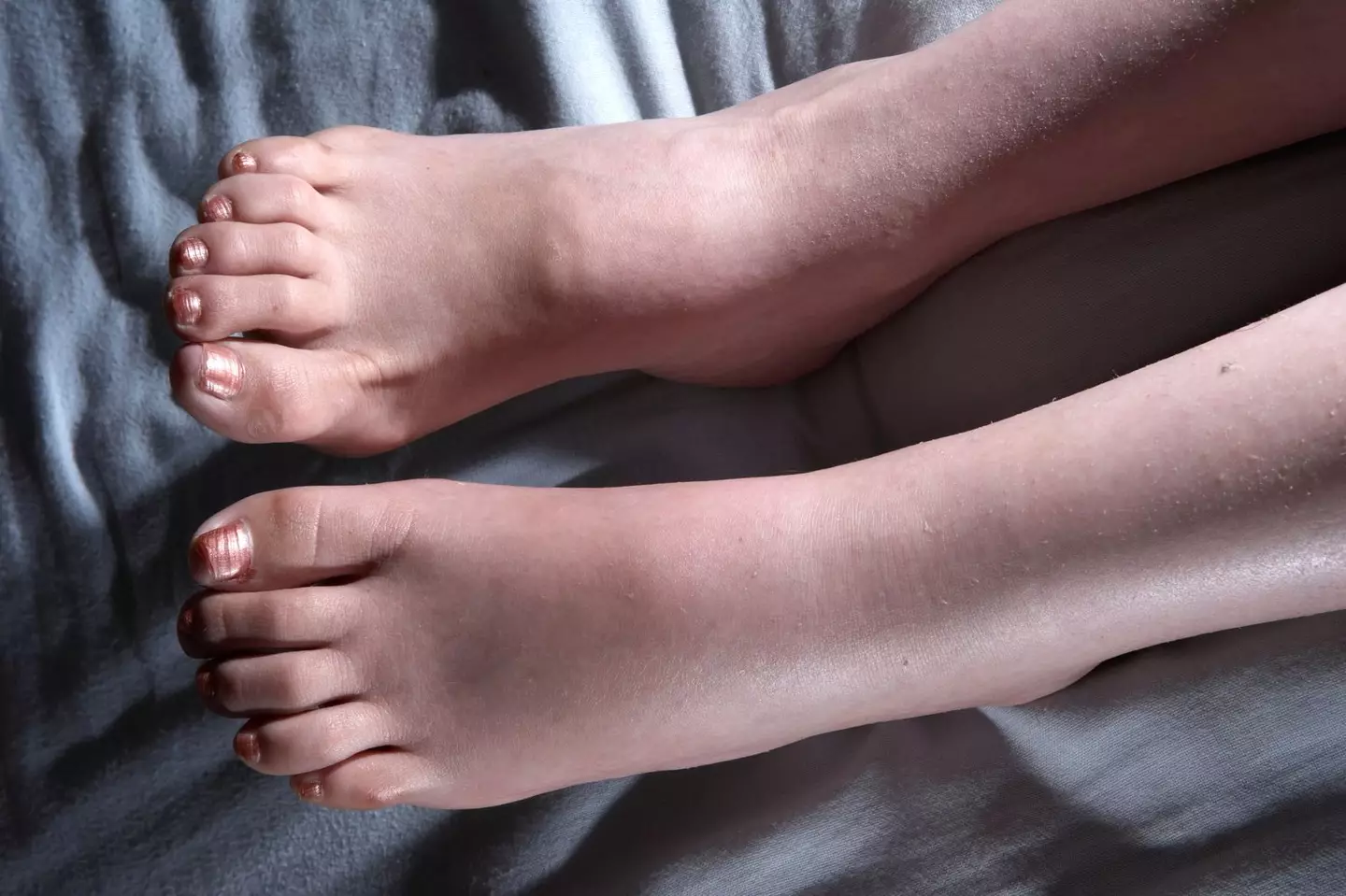
A doctor has urged people to be aware of the symptoms of heart failure which are often overlooked, especially the one you could notice while in bed.
The deadly condition is becoming increasingly common in the UK and an estimated 920,000 people are living with it, while a whopping 200,000 new cases are recorded each year.
According to the NHS, symptoms can develop rapidly or over weeks and months - but either way, a speedy diagnosis is key.
What exactly is heart failure?
For those who don't know, heart failure occurs when the main organ of your cardiovascular system is unable to pump blood around the body properly. In most cases, it happens as a result of the heart becoming too weak or stiff, meaning it needs some support.
The long-term condition, which typically becomes worse over time, can severely limit the abilities of the sufferer and is 'often eventually fatal', the NHS warn.
Advert
That's why spotting the signs as early as possible is extremely important - as although there is no cure, the right treatment can help someone manage their symptoms for several years.
This is on top of the fact that heart failure can lead to serious complications such as blood clots, an arrhythmia, organ damage and cardiac arrest, so being aware of the red flags can buy you some very valuable time.

The signs and symptoms of heart failure
According to Dr Rosie Godeseth, people with heart failure report experiencing varied symptoms, but there are some which continuously crop up in patients.
Advert
The medic noted that a lot of people pick up on one common symptom while they are in bed, however it is easily missed - so make sure you are paying attention when you're head hits the pillow.
Speaking to The Sun, the cardiologist and Associate Medical Director at Vitality Health explained: "Sometimes people will experience fluid buildup in the lungs which can make it hard to breathe when lying down.
"If you find yourself having to be propped up on pillows while you sleep or are waking up short of breath, then book an appointment to see a doctor who may recommend undergoing a sleep study or heart function tests."
So, if you are struggling to aspirate when lay flat and find yourself propping yourself up with more pillows, it might mean that you need to book an appointment with your GP.

Look out for swollen ankles and legs
As well as this, you need to be aware that swollen ankles and legs - or possibly even thighs, groin or abdomen - might be a sign of heart failure.
Advert
As your heart is struggling to pump the blood around your body effectively, this can cause a build-up of fluid which is known as oedema.
"It's important to speak to a doctor if swelling persists or is accompanied by other symptoms like dizziness and shortness of breath," Dr Godeseth said.
A persistent cough, wheezing and a 'bubbling' feeling in the chest can also be a sign of heart failure.
This symptom has been dubbed a 'cardiac cough' and often occurs due to a fluid buildup in the lungs, according to the health expert.
The doctor continued: "It's important to speak to a doctor if you have had a cough for more than three weeks, especially if any mucus produced is pink or blood-tinged."
Advert
Rapid weight gain can also be a symptom of heart failure, as the body retains extra fluid and salt when the heart isn't pumping blood properly.
Dr Godeseth went on: "When the heart isn’t effectively pumping, it can lead to reduced blood flow in the kidneys. These organs regulate fluid and sodium balance, so they respond to the reduced blood flow by retaining fluid and sodium. This fluid accumulates in the body’s tissues, particularly the lower limbs, abdomen and sometimes even the lungs."

Lifestyle changes are key in avoiding heart failure early on
She reckons that as heart failure typically affects the older generation, a lot of Brits don't believe they need to worry about it - but according to Dr Godeseth, people are best off making some big lifestyle changes now to see the benefit later down the line.
Advert
The medic explained that consuming a healthy balanced diet, taking part in physical activity regularly and ditching tobacco can all decrease your risk of heart failure.
She added: "It's really important not to assume heart health is something that should only be considered, or focused on, once you're older as the actions we make today go a huge way in preventing illness in the future.
"In fact, 80 percent of heart disease cases and strokes are preventable."